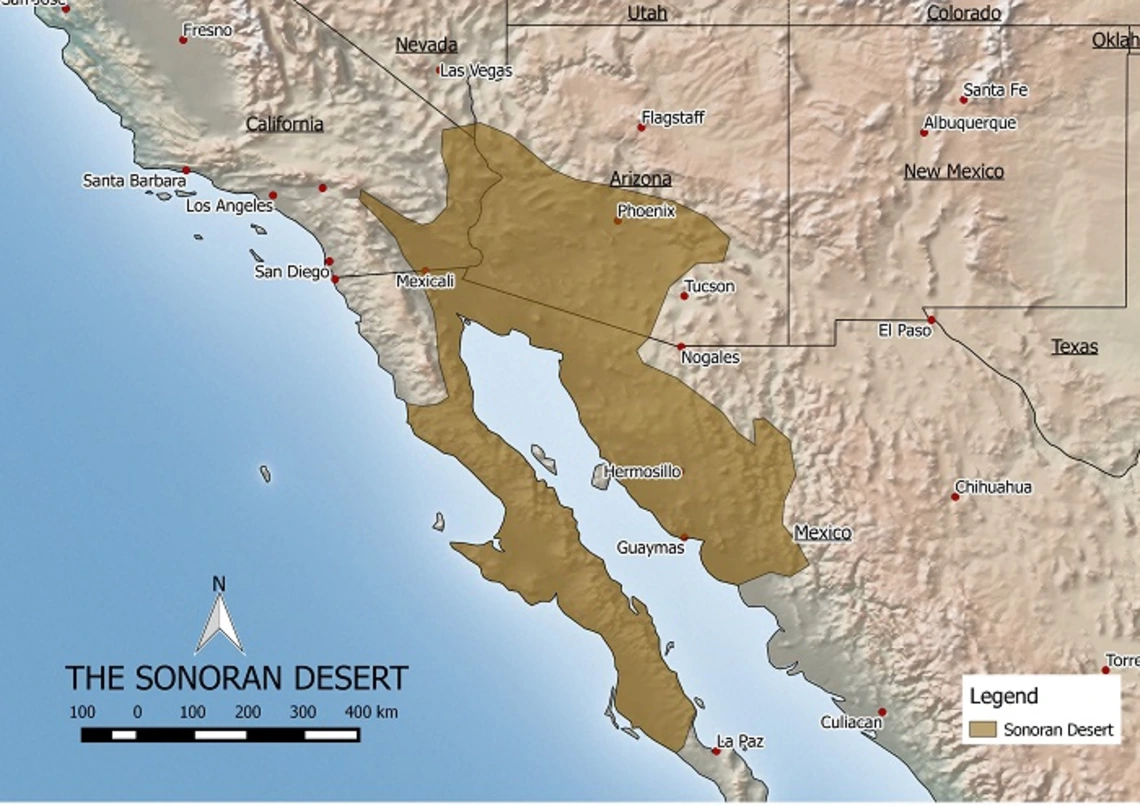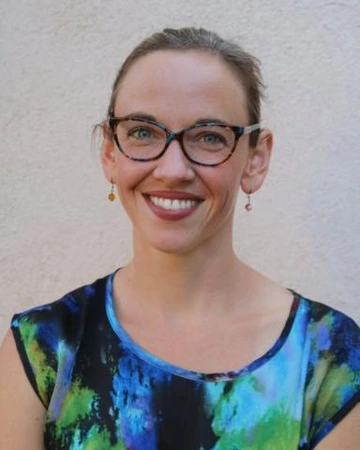"Documenting Human Rights Abuses Through Forensic Anthropology" to be offered in fall 2023

In fall 2023 session 2, the Human Rights Practice Program will feature a course by Dr. Robin Reineke, a foremost expert on the use of forensic techniques to document the deaths of migrants on the US-Mexico border, especially in the Sonoran Desert. (You can view a video about a version of this course that was offered in 2020.)
HRTS 496b/596b: Cutting-Edge Advances in Human Rights Practice -- Documenting Human Rights Abuses Through Forensic Anthropology will provide students with an understanding of what the field of forensic anthropology is and how it can be applied in human rights investigations. The expertise of forensic anthropologists can be an invaluable asset in certain contexts, especially when combined with survivor testimony and strategic litigation. The history, current applications, and challenges of forensic anthropology in a human rights context will be discussed, with a special focus on a family-centered approach. Guest speakers will include practicing forensic anthropologists with experience in human rights contexts from around the world, with an emphasis on those with experience in Latin America and the U.S.-Mexico border.

Dr. Reineke’s past research has investigated the impact of border deaths and disappearances on immigrant communities, and the ways in which families of missing migrants have changed the practice of forensic science in the US-Mexico borderlands. From 2006 – 2020, she spent significant time working with the Pima County Office of the Medical Examiner, doing ethnographic research and collaborating in the development of various projects and initiatives to address the challenges of unidentified human remains and missing persons in the borderlands. These initiatives included development of the nonprofit, nongovernmental organization, the Colibrí Center for Human Rights, which Dr. Reineke co-founded and directed from 2013 – 2019. Her work has been featured in the BBC, CNN, the New York Times, the Los Angeles Times, The Economist, The Nation, and the documentary film, Who Is Dayani Cristal?
The seven-week course on Documenting Human Rights Abuses Through Forensic Anthropology is open to all UA undergraduate and graduate students. The course will provide an analysis of the ways that forensic science has been utilized in human rights investigations in the past, along with an exploration of how forensic science and technology is being used in the present. The course is intended to offer students practical skills that will prepare them to practice forensics in their own future human rights work.
The course will begin with a discussion informed by science and technology studies to understand what makes something “forensic” and how forensics is constructed by practitioners, impacted communities, and the state. We will then trace a history of how forensic anthropology in particular became a useful tool for documenting state abuses in the 20th century, focusing on its application in Latin America. During week three, we will turn to the U.S.-Mexico border context to begin to explore how forensics is being used by state and nonstate actors like today. This week will introduce the US-Mexico border context, which will the focus of the group final project. The rest of the course will explore the ways that nonstate actors, especially communities directly impacted by violence, can use forensic practices to document and seek justice for grave human rights abuses. Each week, students will learn from renowned guest speakers who are applying forensics in radical ways. Throughout the course, students will be invited to think creatively and critically about how “forensics” and “forums” can be practiced by different stakeholders. The final project will be a group project where students begin to build out a database of various border enforcement technologies, what harms they cause, and who makes them/profits from them.
Themes to be followed throughout will include:
- What makes an investigation “forensic”? What counts as “evidence”?
- Who gets to practice “forensics,” and who gets to be seen as an expert?
- What are the challenges when states fail to respond and impacted communities take forensic investigation into their own hands?
- Is it a problem when families and impacted communities only want answers or identifications of the dead, and not a justice process for killers?
- How to address the colonial history of forensic science, and the global pattern whereby outsiders practice “science” and reveal “truth,” while communities of victims are often framed as passive or are actively silenced/dismissed?
The course learning objectives are:
- To provide skills that will prepare students to practice forensics in their own future human rights work.
- To cultivate an appreciation of the complicated interplay between scientific “expertise” and local knowledge and lived experience.
- To foster understanding the history of forensics and how forensic practices are capable of both causing harm to marginalized communities AND supporting these communities truth claims.
To learn more about this course, please contact the instructor at rreineke@email.arizona.edu.

